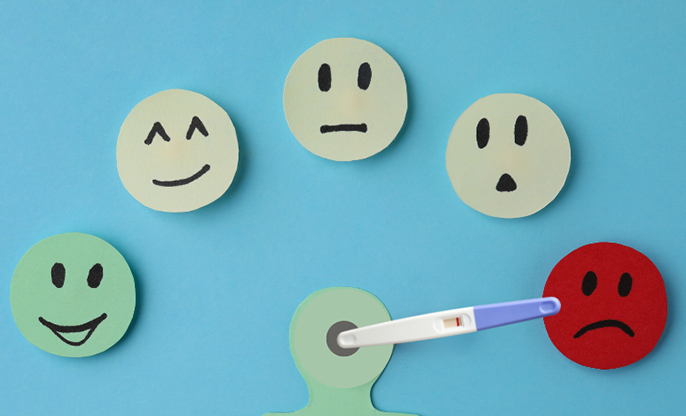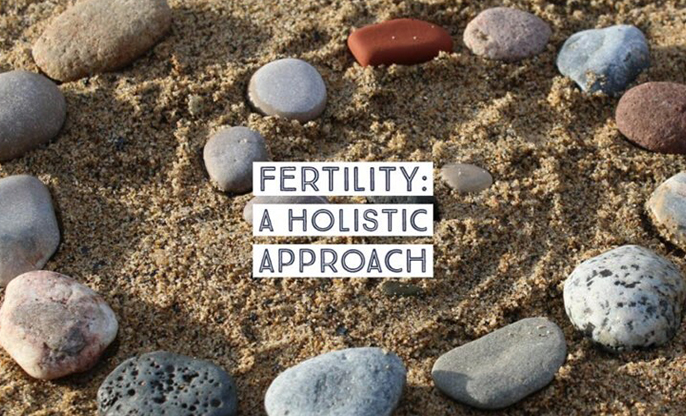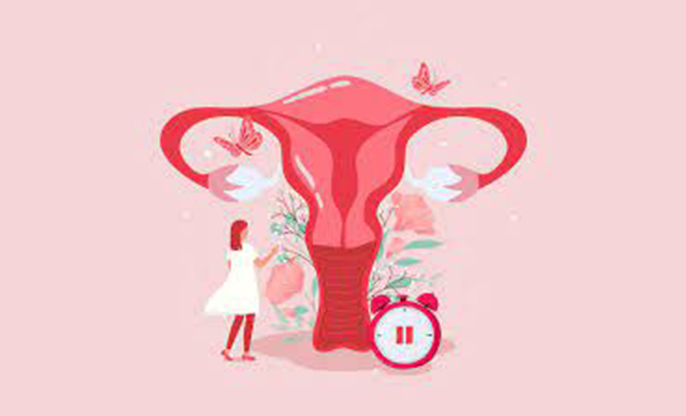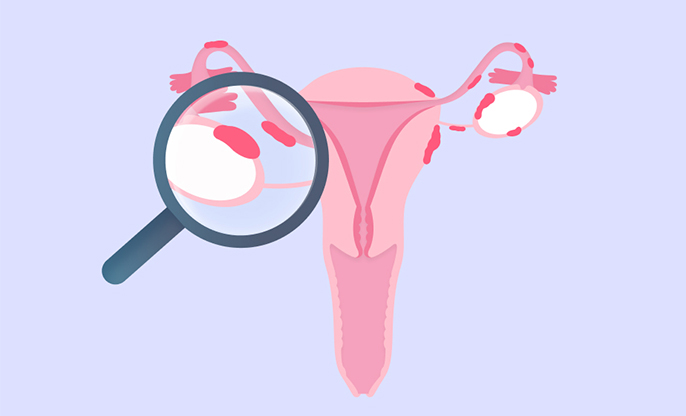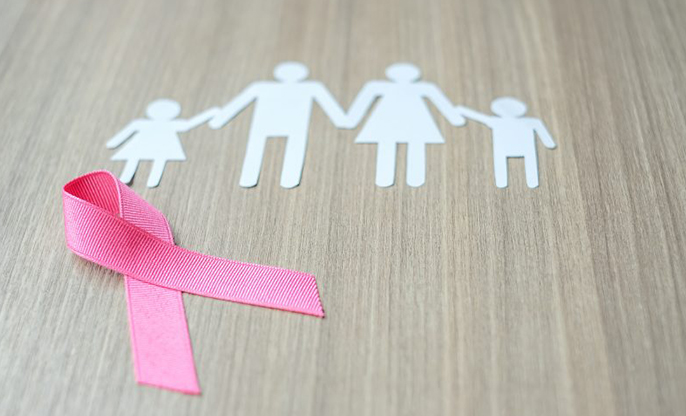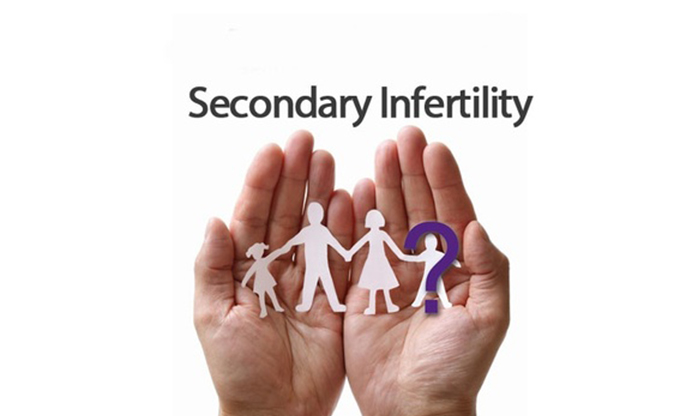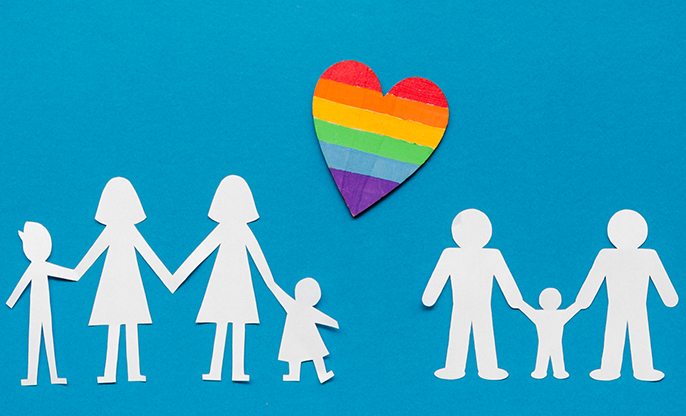
The journey through fertility challenges is a path often marked by both hope and heartache. While the focus is primarily on the physical aspects of fertility, it's essential to recognize the profound impact it can have on mental health. So, in this article, we will delve into the intricate connection between fertility and mental well-being, shedding light on the emotional aspects of the fertility journey.
The Emotional Toll of Fertility Challenge
- Anxiety and Stress: The uncertainty and
waiting associated with fertility treatments can lead to heightened
anxiety and stress. The pressure of timed intercourse, medical
appointments, and the fear of disappointing results can take a toll on
mental well-being.
- Depression and Grief: Failed attempts and
pregnancy losses can trigger feelings of sadness and grief. The loss of
what could have been and the mourning of unfulfilled dreams can lead to
depressive symptoms.
- Isolation: Fertility struggles can be isolating. Couples may withdraw from social events or avoid gatherings that involve pregnant friends or baby-related celebrations, which can lead to feelings of loneliness.
The Mind-Body Connection
The
mind and body connection (if disturbed, due to the below stated reasons) can
impact mental health and fertility very easily, let’s see;
- Stress Hormones: High levels of
stress can affect hormonal balance, potentially disrupting the menstrual
cycle and ovulation.
- Coping Mechanisms: Stress and anxiety can lead to unhealthy coping mechanisms, such as overeating, smoking, or excessive alcohol consumption, all of which can negatively impact fertility.
The Role of Support
Support
plays a crucial role in navigating the emotional challenges of fertility:
- Professional Support: Seeking the help of
a therapist or counsellor who specializes in fertility-related issues can
provide valuable tools and coping strategies.
- Peer Support: Joining a support group or connecting with others who are on a similar journey can offer a sense of belonging and understanding.
Coping Strategies for Mental Well-being
- Self-Care: Prioritize self-care
activities that promote relaxation and reduce stress, such as meditation,
yoga, deep breathing exercises, or mindfulness practices.
- Open Communication: Maintain open and
honest communication with your partner. Share your feelings and concerns
to foster mutual support.
- Set Realistic Expectations: Understand that the fertility journey can be unpredictable. Setting realistic expectations and acknowledging that setbacks can occur can help manage disappointment.
The Decision to Seek Professional Help
It's important to recognize when the emotional toll becomes overwhelming and affects daily life. Seeking professional help is a valid and often necessary step in managing mental health during fertility challenges. Therapists and counsellors can provide guidance, coping strategies, and a safe space to express emotions.
Conclusion
The connection between fertility and mental health is intricate and significant. The emotional toll of fertility challenges, including anxiety, depression, and isolation, can impact well-being. Recognizing this connection and seeking support, both professionally and through peer networks, is essential for individuals and couples on the fertility journey. By addressing mental health alongside physical health, individuals can navigate this challenging path with greater resilience and emotional well-being.



